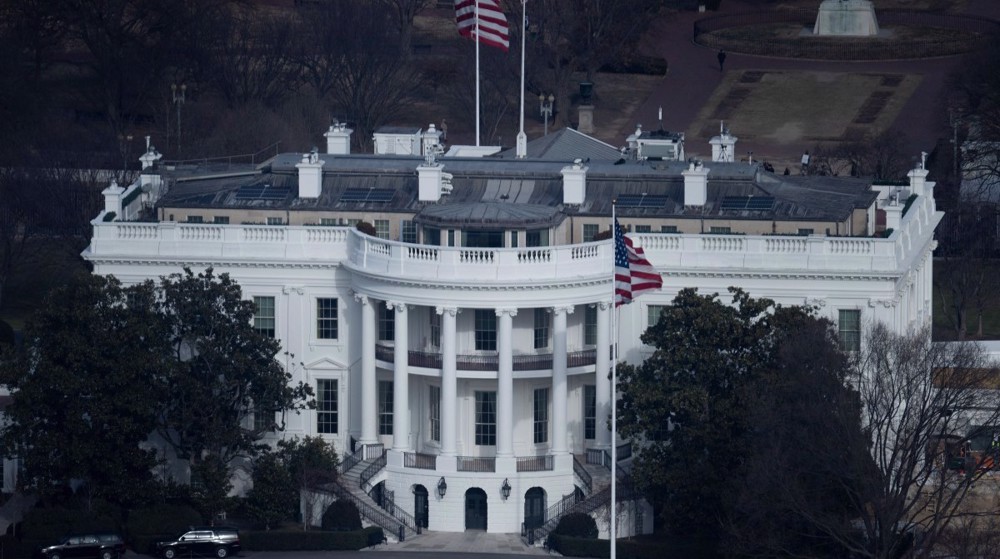99 million year old fossil found in amber in South East Asia
Remains of long-perished plants, animals, or microbes, are key to understanding the history of life on Earth. Through meticulous studying of fossils, scientists can observe snapshots of species living at particular times and in particular places in the past. They are, however, mostly devoid of soft structures and paleontologists often have to confine themselves to study hard parts unless they have been exceptionally preserved like amber-imprisoned ones found recently .
These differ from other fossils in that they preserve the organisms almost in their entirety, keeping the otherwise unfossilizable parts intact, which could provide unique insights into ancient life.
Amber fossils contain organisms entrapped in resins that protected them through geological ages. Most such specimens belong to careless insects, which have been easily entombed by engulfing resins.

An article published in the journal Science Advances on Saturday, revealed that some rare fossils of 12 various tiny lizards, previously found in Myanmar, were actually imprisoned in amber about 99 million years ago, somewhere in the middle of Cretaceous period, during the heydays of dinosaurs.
“We can pretty much see how the animals looked when they were alive,” said Juan Diego Daza, who led the research.

According to the authors, all studied specimens belong to tropical forests of the period, an environment which hardly produces fossils, particularly lizards.
The fossils “preserve fine details of soft tissue and osteology, and high-resolution x-ray computed tomography permits detailed comparisons to extant and extinct lizards,” the study said.


The discovery will aid paleontologists to learn more about “lost ecosystem, the lost world” of the mid-cretaceous period as well as the creatures' modern relatives, said Edward Stanly, a co-author of the study.
These fossils are the oldest specimens yet found of their kind. The previous record holder specimen was about 75 million years younger than the Myanmar fossils.

Behind the riots: Spy games, media spin, discarded monarchists and lessons from history
IRGC deputy chief warns of harsh response to any aggression against Iran
Araghchi appreciates Pakistan’s vote against anti-Iran UNHRC resolution
Discover Iran: Historical, natural, and economic tapestry of idyllic Hormozgan islands
ICE detains 2-year-old girl, sends her to Texas despite court order
VIDEO | Trump claims his 'Board of Peace' might replace the UN
VIDEO | Shadows of Rebellion: How Iran’s protests turned violent
FBI agent investigating Minneapolis deadly shooting resigns











 This makes it easy to access the Press TV website
This makes it easy to access the Press TV website